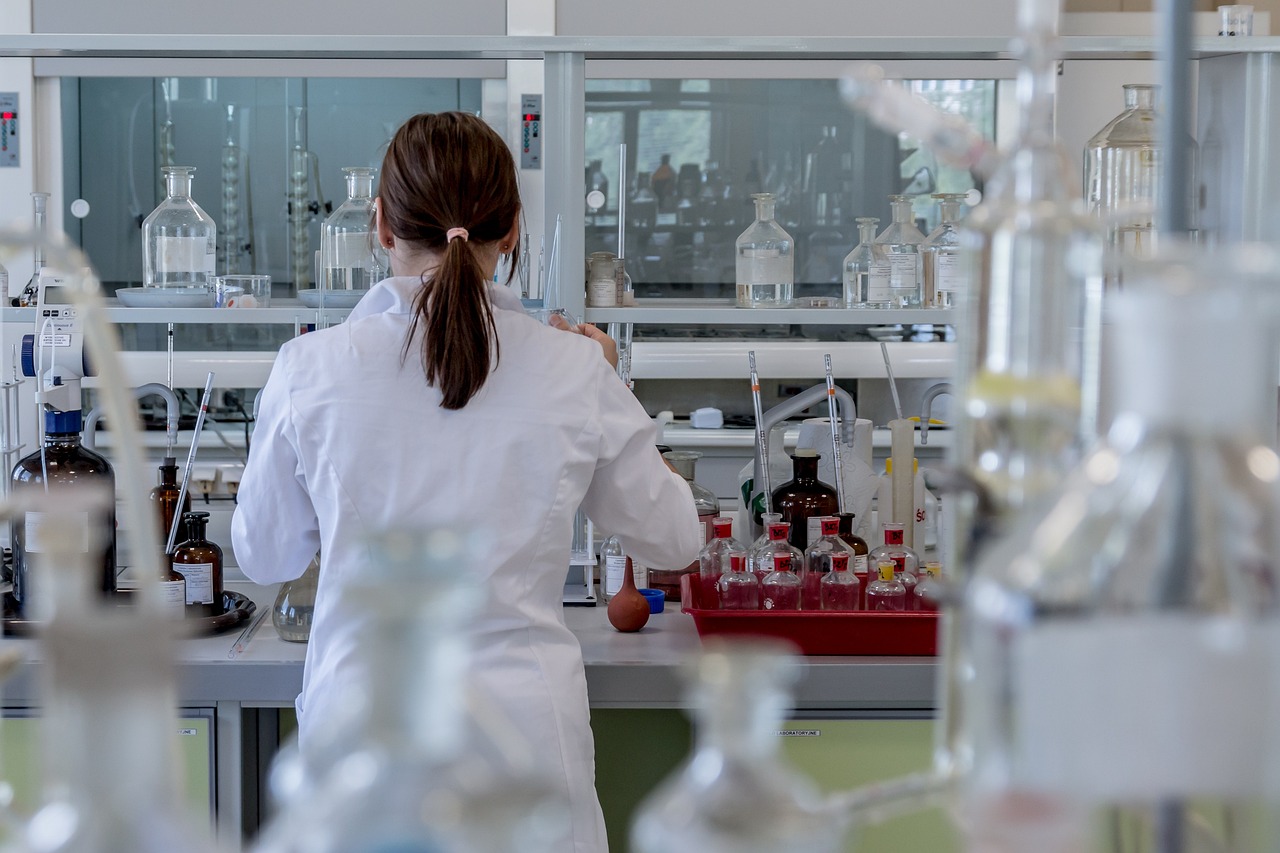Embryo Clock Reversal: In a new study, researchers from the Salk Institute have found that embryos may be able to turn back the hands of time early in development. This is a surprising finding, as it was previously thought that the biological clock was set during embryonic development and could not be reset. However, this new study suggests that there may be more flexibility than we thought. While more research is needed to confirm these findings, they could have implications for our understanding of developmental biology and disease.
Embryonic development is the process by which an embryo grows and develops. This process begins with fertilization, when the egg and sperm fuse to form the zygote. The zygote then undergoes a series of cell divisions that result in the formation of the embryo.
During embryonic development, the embryo undergoes a number of changes that allow it to grow and develop into a baby. These changes include the formation of new organs and tissues, as well as the growth of body parts such as limbs and digits.
Embryonic development is completed when the baby is born. However, this is only the beginning of life; after birth, the baby will continue to grow and develop into adulthood.
The biological clock is a mechanism in the body that regulates the timing of various biological processes. It is controlled by a group of genes known as the circadian clock genes. These genes control the production of proteins that regulate the timing of cell division, hormone production, and other biochemical processes. The activity of these genes is regulated by environmental cues, such as light and temperature.
During embryonic development, the circadian clock genes are active in controlling the timing of cell division. However, it has been observed that embryos reverse their biological clock early in development. This means that they divide more slowly during the day than at night. This reversal is thought to be due to the influence of maternal factors, such as hormones and nutrients.
It is well established that the biological clock, or circadian rhythm, plays an important role in many aspects of embryonic development. For example, the timing of cell division and gene expression are known to be influenced by the biological clock. However, the specific mechanisms by which the biological clock affects embryos are not well understood.
Recent studies have shown that embryos appear to reverse their biological clock early in development. This finding has important implications for our understanding of how the biological clock influences embryonic development.
It is believed that the reversal of the biological clock is caused by changes in the expression of certain genes. These changes result in the embryo’s cells dividing and maturing at different rates. This process is known as heterochrony.
Heterochrony is thought to be an important mechanism underlying developmental plasticity. This means that embryos can adapt to changes in their environment by altering their developmental timetable.
The findings of these recent studies suggest that heterochrony may be an important mechanism by which embryos respond to environmental stressors. For example, if an embryo experiences a period of environmental stress, it may reverse its biological clock in order to survive.
Further research is needed to confirm these findings and to determine the precise mechanisms by which the biological clock affects embryonic development. However, these studies provide exciting new insights into how embryos develop and how they respond to their environment.
There are a number of potential causes for embryos to reverse their biological clock early in development. One possibility is that the embryo is exposed to light during a critical period of development, which can disrupt the body’s natural circadian rhythms. Another possibility is that the embryo experiences stress during a key stage of development, which can also interfere with the body’s normal circadian rhythms. Additionally, it is possible that the embryo has a genetic mutation that affects the way in which its biological clock functions.
This research is still in its early stages, but it’s already providing some interesting insights into how embryos develop. It’s possible that by reversing their biological clocks early on, embryos are able to better adapt to their environment and ensure their survival. This could have implications for fertility treatments and other areas of medicine, and we’re excited to see where this research goes next.
- India’s Cricket Fervor Hits Fever Pitch as World Cup Final Nears
- India Takes on Australia in the 2023 ICC Men’s Cricket World Cup Final
- Pharma Jobs: AIIMS Raipur Announces Direct Recruitment for 31 Pharmacist and Dispensing Attendant Positions; Applications Open till July 31, 2023
- Got Utkarsh Small Finance Bank IPO? Find Out NOW! Simple Steps to Check Your Allotment Status!
- Voltas and Zee Entertainment Lead as Volume Toppers in Stock Market; See High Trading Activity







